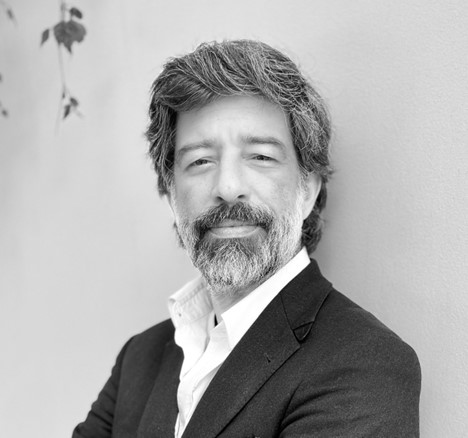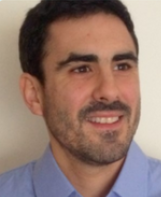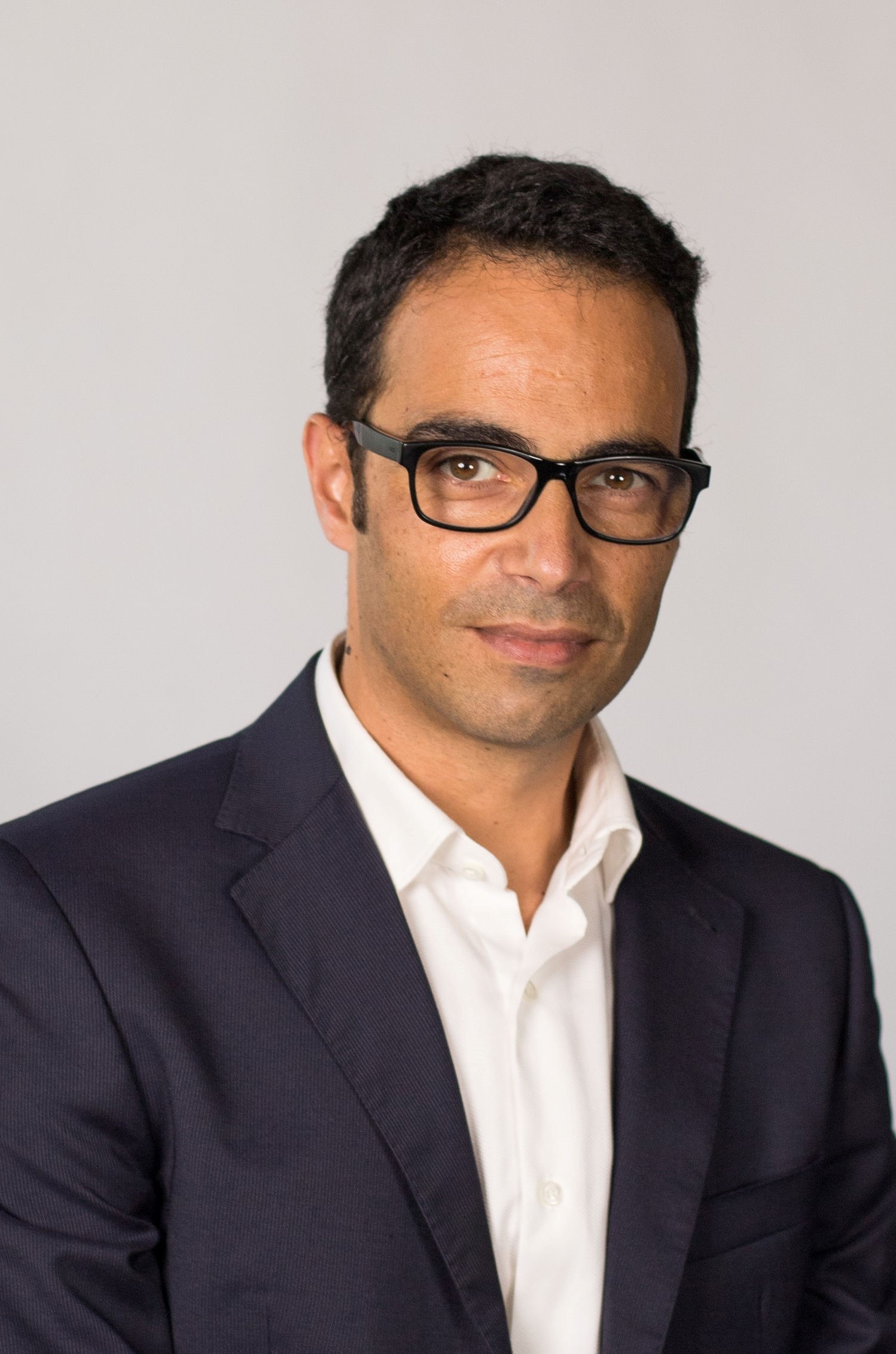Local: Auditorium Prof. Dr. José Marques Dos Santos
Date: Monday, June 30th, 2025 | 09h10-09h35
Chair: Tânia Lopes, Assistant Researcher, LEPABE/ALiCE/FEUP
Lecturers: Bruno Béu, Advisor to FCT’s Board of Directors; Rui Munhá, Science Officer, FCT
Career Horizons for Early-Stage Researchers
Fostering high-quality research careers and broadening the diversity of career pathways – including through integrated approaches to collaborative, disciplinary, geographical and intersectoral mobilities – are key priorities for strengthening the competitiveness of research systems. Public policy has a critical role in shaping more inclusive, collaborative, and internationalised research ecosystems, and FCT has been translating these objectives into new and innovative approaches, in view of establishing an effective continuum between national and European frameworks. The relevance of career planning, investment in networking, or horizontal skills development and other capacity building initiatives, gains new momentum with the ongoing transformation of how research is assessed and the transition to a new paradigm of evaluation models. This presentation explores the present and future national, European and international funding schemes with particular emphasis on structured career planning and progression, mobility, and cross-sectoral collaboration. It also highlights models that support talent circulation, engagement with non-academic sectors, and institutional capacity-building to attract and retain researchers.

Bruno Béu
Advisor to FCT’s Board of Directors, FCT

Rui Munhá
Science Officer, FCT
Biography
Bruno Béu holds a PhD in Philosophy from the University of Lisbon. His academic work focused on philosophy of language, literature, aesthetics and linguistics, and he has taught in several of these fields at the School of Arts and Humanities of the University of Lisbon. He was the principal investigator of an interdisciplinary research line in comparative studies, developed in collaboration with national institutions, and is the author or editor of two books and numerous articles and book chapters.
He has held various roles in science and research policy, including senior scientific officer for the Humanities and Social Sciences at the Evaluation Office of the Fundação para a Ciência e a Tecnologia (FCT), advisor to the Lisbon City Council in the field of education, and executive coordinator of the academic open access publishing house Imprensa de História Contemporânea.
He currently serves as advisor to the FCT Board of Directors in the areas of strategy and evaluation and is director of the ERC-Portugal programme. He is the national delegate to the ERC Programme Committee and to the OECD’s Committee for Scientific and Technological Policy (CSTP), and the designated focal point for the Portuguese delegation to all OECD bodies in the field of STI. He also co-chairs the Portuguese National Chapter of the Coalition for Advancing Research Assessment (CNP-CoARA).
Biography
Rui Munhá has been a Science Officer in the Department of International Relations of the Portuguese Foundation for Science and Technology (FCT) since 2014. He is currently Co-Coordinator of the National Contact Points of the European Programme for Research and Innovation Horizon Europe, and he also represents FCT and Portugal in different governing bodies in the context of the European Union or International Organisations. Rui Munhá obtained a PhD in Chemistry in 2011, and he developed his scientific activity at the University of Lisbon, University of British Columbia (Vancouver, Canada), University of California (Irvine, USA) and the University of Aveiro. Rui was born in Lisbon, in 1979.
Local: Auditorium Prof. Dr. José Marques Dos Santos
Date: Monday, June 30th, 2025 | 09h35-10h00
Chair: Jaime Cardoso, Vice President of FEUP Scientific Council
Lecturer: João Lobo Ferreira, Head of Interface Mission, ANI

João Lobo Ferreira
Head of Interface Mission, ANI
CoLABs and CTIs: A Catalyst for Doctorates and the Innovation Ecosystem
Collaborative Laboratories (CoLABs) and Centers for Technology and Innovation (CTIs) play a critical role in advancing doctoral research and fostering innovation. By bridging academia and industry, these institutions provide doctoral students with practical research opportunities, access to state-of-the-art infrastructures, and collaborative networks that drive knowledge transfer and economic growth. This presentation explores their impact, challenges, and future potential in the innovation ecosystem.
Biography
João Lobo Ferreira has been part of ANI since 2007. Since 2023, he has led the Interface Mission sub-unit, which focuses on supporting institutions that bridge academia and companies. Throughout his career, he has played a key role in monitoring the implementation of public policy measures to support R&D, business innovation, and capacity building of interface institutions. He holds a degree in Economics.
